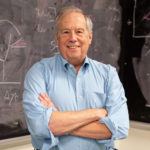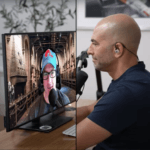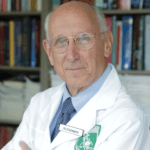
Peter on the importance of cancer screenings
This video clip is from AMA #25: Navigating the complexities and nuances of cancer screening, originally released on July 26,…

Are “safe” levels of air pollution really safe?
Current evidence, and what to do about it
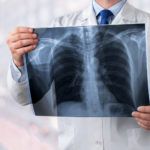
A broader perspective on lung cancer
Not just a “smoker’s disease”
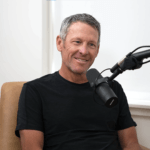
#178 – Lance Armstrong: The rise, fall, and growth of a cycling legend
“That guy needed to die and a new guy needed to come around.” —Lance Armstrong





